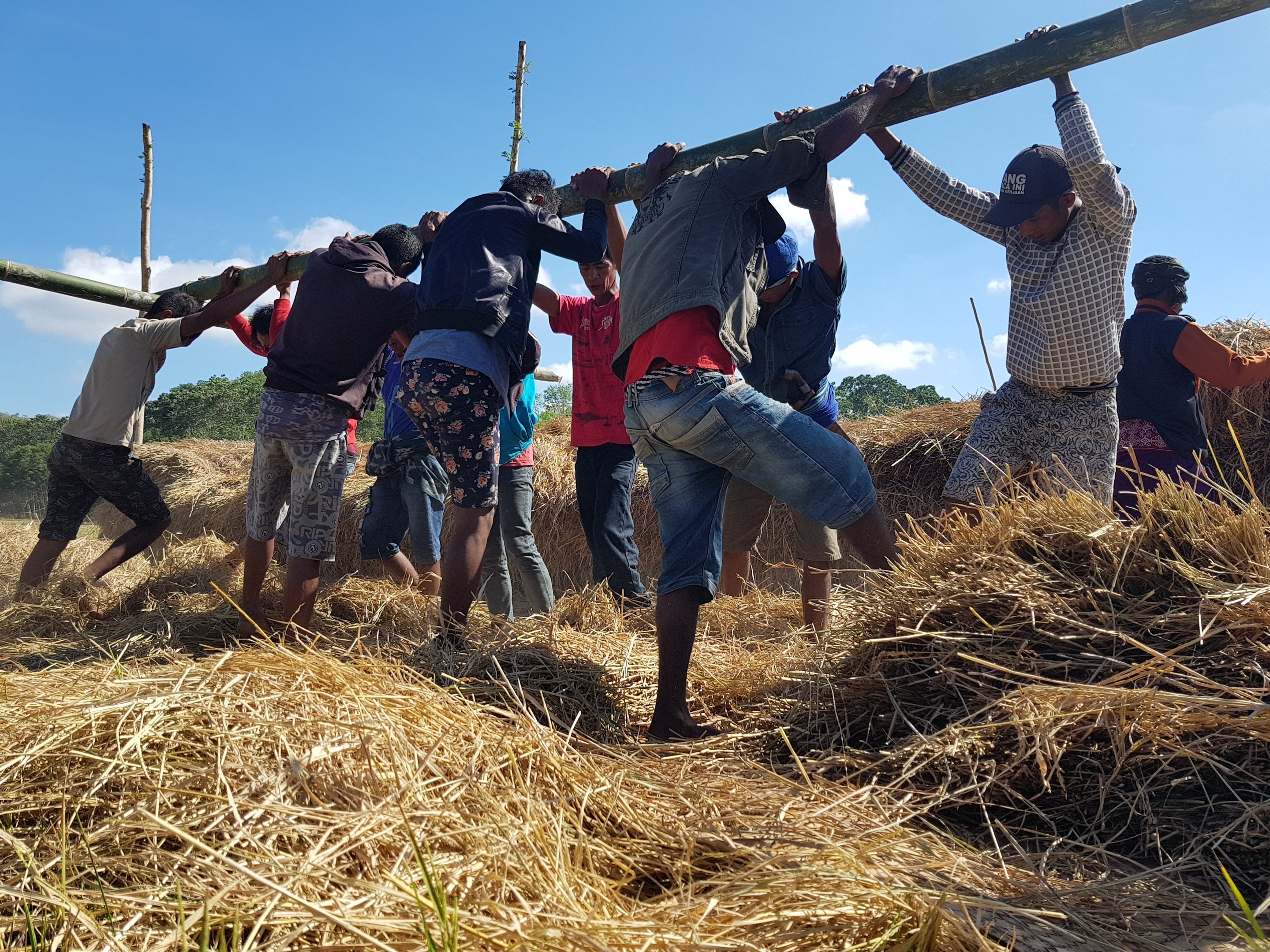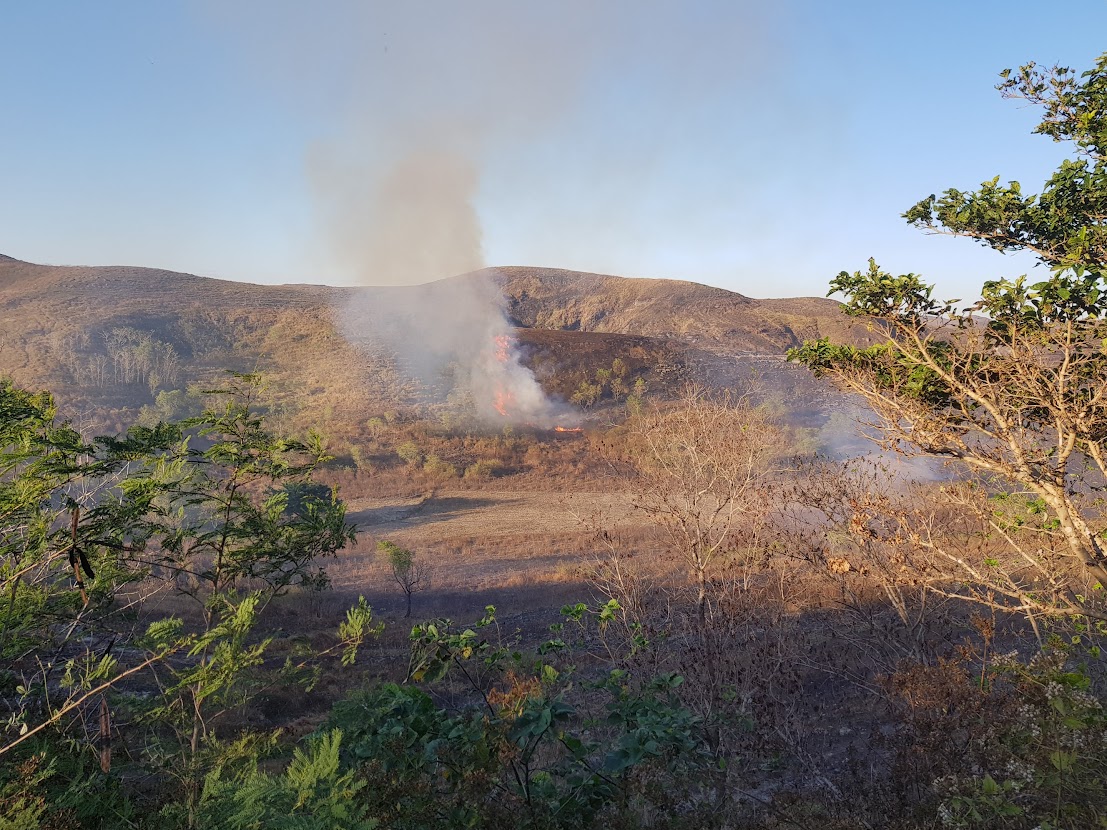Weather Change and Moralities in East Sumba, Indonesia

For many people in East Sumba, Indonesia, the rain has become unpredictable, a stranger, sometimes coming uninvited and sometimes leaving without notice. Although the weather has changed noticeably, the scientific discourse of anthropogenic climate change plays only a minor role in people's explanations for the erratic rainfall and seasonal changes they observe. This study follows the subjective experiences and narratives of rice farmers, village leaders, Marapu priests, fire fighters and high school teachers, to name a few, and takes a phenomenological approach to explore the various responses to stranger weather. While anthropological studies around the globe have shown how people tend to both localize and moralize weather and climate change, few research projects have explicitly focused on the moral dimension. By closely examining the local dynamics of blame as well as people’s hopeful visions for restoration, this study aims to take the anthropological argument beyond the notion of self-blame and deepen the understanding of moral negotiations in times of weather breakdown.

- Dauer: 2016 - fortlaufend
- Projektleitung: Lena Borlinghaus-ter Veer, M.A., Univ.-Prof. Dr. Michael Schnegg
- Drittmittelgeber: Universität Hamburg, DAAD-Jahresstipendium
